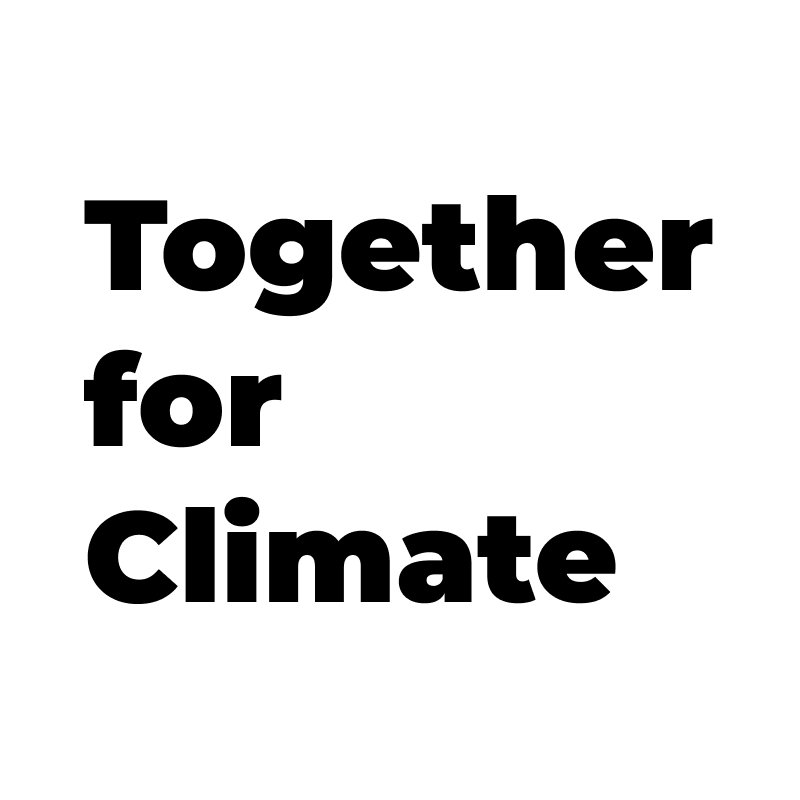The UN has declared an "Ocean Emergency"
Thousands of delegates gathered in Portugal for the opening of the UN Ocean Conference.
This year, the UN ran an Ocean Conference, co-hosted by the governments of Kenya and Portugal. This year was a particularly important meeting - as it sought to address the deep-rooted problems that were highlighted by the Covid pandemic. Ocean issues have been overlooked and postponed, but the conference hopes to propel the action, especially those based on science-based innovation solutions.
In the opening remarks, UN Secretary-General António Guterres, referred to the current situation as an "ocean emergency".
He stated:
"We have taken the ocean for granted, and today we face what I would call an 'Ocean Emergency'."
These were powerful words after years of postponing the conference and any real action against the ocean issues.
Why is the ocean so important?
The ocean is the largest biosphere; it is completely necessary for the planet for incalculable reasons. To begin, it nurtures 80% of our life on the planet, absorbs 25% of all carbon dioxide, and generates 50% of the oxygen that we breathe.
It also provides us with food, minerals, and energy - everything necessary for life on this planet. The ocean also provides humans with joy through hobbies and jobs to support families - especially those from working-class backgrounds. However, research has shown that our precious ocean is under immense threat.
The ocean pollution problem
Overfishing is such a massive problem for our oceans at the moment. Overconsumption alongside an ever-growing overpopulation problem has led to our oceans being drained of resources. If you want to find out more about the food waste problem, click here.
As global warming continues, coral bleaching remains a massive problem - this alongside wastewater and plastic pollution has created what is known as "dead zones" putting in danger hundreds and thousands of marine species.
The UN announced that by 2050, there may be more plastic than fish in the ocean. Ocean protection is necessary for tackling climate change, and also future diseases and pandemics. In turn, ocean protection will also help provide food security and economic equality.
Trying to achieve SDG 14
The UN uses targets to help manage ocean sustainability. This year, the UN Sustainable Development Goal (SDG) 14: Life Below Water, was adopted.
The premise of goal 14 was to conserve and sustainably use the world's oceans, seas, and marine resources. This will hopefully be achieved by improving coastal ecosystem and marine protecting, limiting acidification, increasing investment in scientific knowledge, and ending illegal overfishing.
This comes at a time when ocean heating, sea-level rise, acidification, and greenhouse gas concentrations all reached record levels last year. Also, earlier this year, the UN member states were criticised by scientists and environmentalists for failing to agree on any kind of blueprint for protecting the seas.
We also have solutions to cleaning up the Great Pacific Garbage Patch, by using technology-driven innovating solutions - something that Goal 14 also is focused on. To find out more about our Ocean Protection plans, click here.
